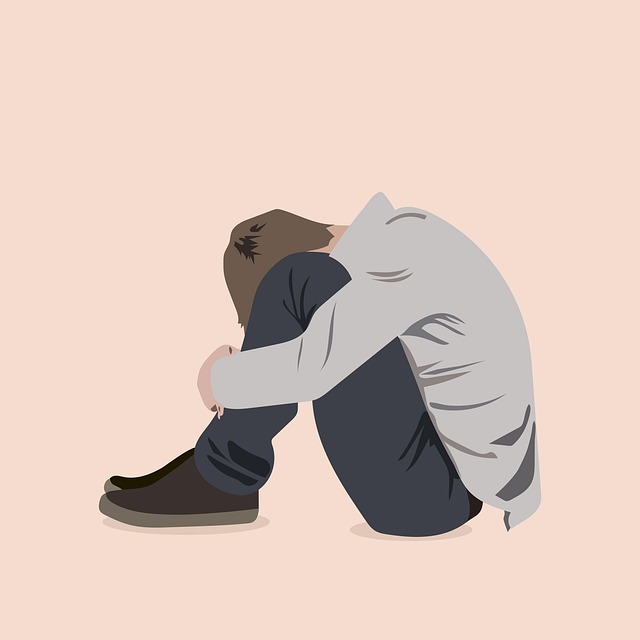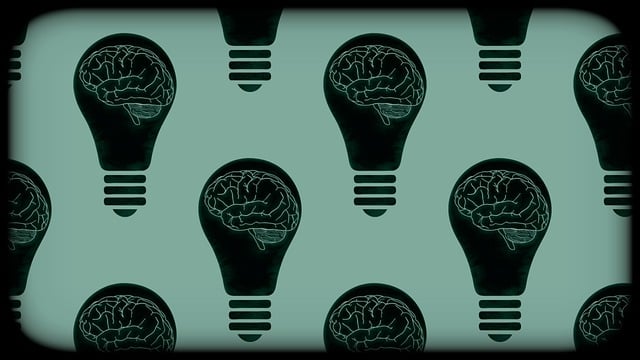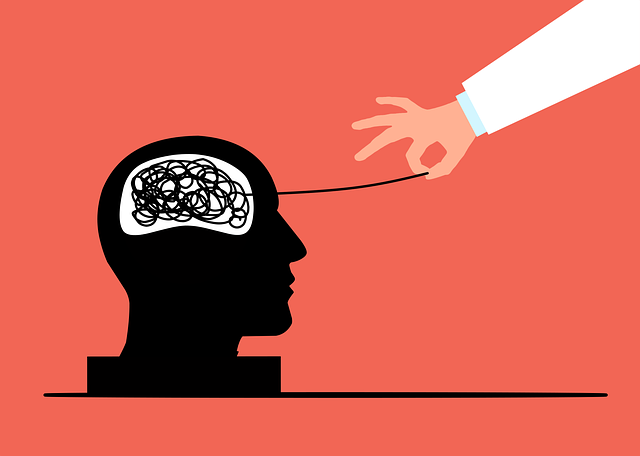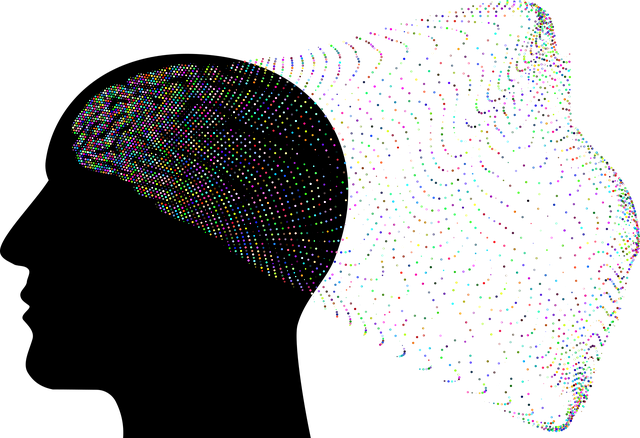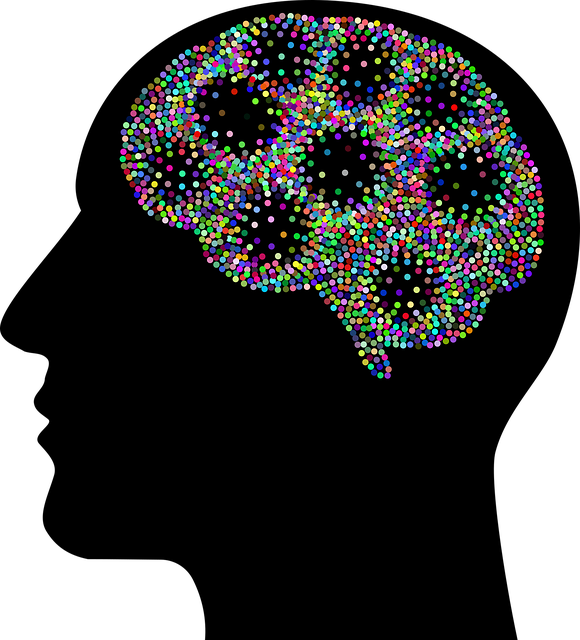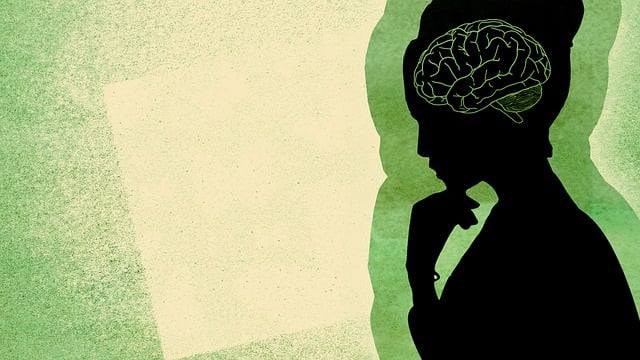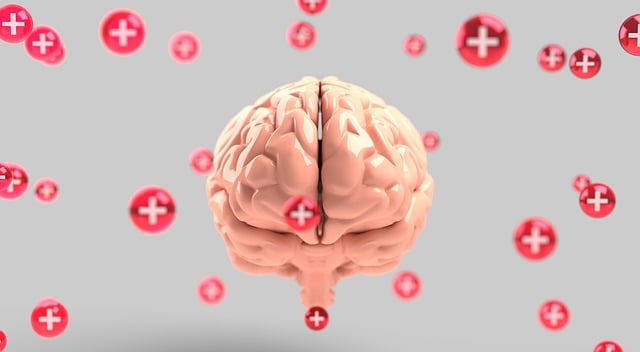Depression in elders requires a nuanced approach focusing on somatic symptoms like chronic pain and changes in sleep patterns. Therapy, especially somatic therapy, helps connect bodily signals with mental states, fostering awareness of the mind-body connection. Support organizations offer workshops for stress management and conflict resolution to build resilience. Preventive measures include regular exercise, mindfulness practices, social connections, and somatic experiencing techniques like grounding exercises. Mental health professionals emphasize holistic strategies for comprehensive risk management planning, with therapy for elders and somatic experiencing as key components in combating growing depression concerns among the elderly.
Depression among the elderly is a growing concern, yet preventable through targeted strategies. This article delves into the multifaceted approach to forestall this common mental health issue in older adults. We explore key signs and symptoms, particularly somatic experiences that may indicate depression, emphasizing the importance of early recognition. Holistic prevention tactics, including activities, mindfulness practices, and robust social connections, are discussed as powerful tools. Additionally, we examine various therapeutic options tailored for elders, focusing on innovative approaches like Somatic Experiencing to enhance overall well-being.
- Recognizing Depression in Elders: Somatic Symptoms and the Role of Therapy
- Holistic Approaches to Prevention: Activities, Mindfulness, and Social Connections
- Professional Support for Depression: Exploring Therapeutic Options for Elderly Individuals
Recognizing Depression in Elders: Somatic Symptoms and the Role of Therapy

Recognizing depression in elders requires a nuanced approach, as it often manifests through somatic symptoms rather than traditional emotional signs. Elders may experience physical discomfort, such as chronic pain, fatigue, or changes in appetite and sleep patterns, which can be early indicators of underlying depression. These symptoms are not merely age-related; they are often the brain’s physiological response to prolonged stress and trauma, a concept known as somatic experiencing.
Therapy plays a pivotal role in addressing these issues. Somatic therapy techniques help elders connect with their bodies’ signals, fostering awareness of the mind-body connection. By exploring past traumas and current stressors through methods like conflict resolution techniques and resilience-building workshops organized by support organizations, individuals can begin to understand and manage their somatic responses. This holistic approach combines stress management workshops with targeted therapy to empower elders in preventing and managing depression, promoting overall well-being.
Holistic Approaches to Prevention: Activities, Mindfulness, and Social Connections

Preventing depression involves a holistic approach that combines various strategies to promote overall well-being. Activities like regular exercise and engaging in hobbies can significantly reduce symptoms, especially when combined with mindfulness practices. Taking time for self-reflection, meditation, or deep breathing exercises helps individuals cultivate emotional intelligence and better manage stress. This is particularly beneficial for elders who might face increased isolation, as these practices can enhance their sense of control and purpose.
Social connections are another crucial aspect of depression prevention. Building and maintaining strong relationships offers a support system that can mitigate risk factors associated with mental health issues. For the elderly, participating in community activities or joining social clubs can help combat loneliness and provide opportunities for physical activity and meaningful interactions, which are both recommended by mental health professionals as part of a comprehensive Risk Management Planning strategy. Incorporating Somatic Experiencing techniques, such as mindful movement and grounding exercises, into daily routines can further reinforce emotional resilience and overall mental health.
Professional Support for Depression: Exploring Therapeutic Options for Elderly Individuals

Depression among the elderly is a growing concern, and professional support through various therapeutic options plays a pivotal role in prevention. Somatic Experiencing (SE), for instance, has proven effective in treating trauma and improving emotional regulation. SE focuses on the body’s response to traumatic events, helping individuals process and release repressed emotions. This approach is particularly beneficial for elders as it integrates mind and body, addressing potential physical manifestations of mental distress.
Additionally, resilience building through self-awareness exercises and emotional healing processes can significantly prevent depressive episodes. Encouraging regular reflection and mindfulness practices empowers the elderly to recognize early warning signs of depression and implement coping strategies. These therapeutic tools not only enhance their overall well-being but also foster a sense of control and purpose, thereby strengthening their mental fortitude against depression.
In conclusion, preventing depression in elders requires a multi-faceted approach. By recognizing the unique somatic symptoms and integrating holistic practices such as activities, mindfulness, and social connections, we can create a supportive environment. Additionally, providing access to professional support, including various therapeutic options like somatic experiencing, empowers the elderly to navigate and overcome depressive episodes. Embracing these strategies ensures a more vibrant and fulfilling life for our aging population.
